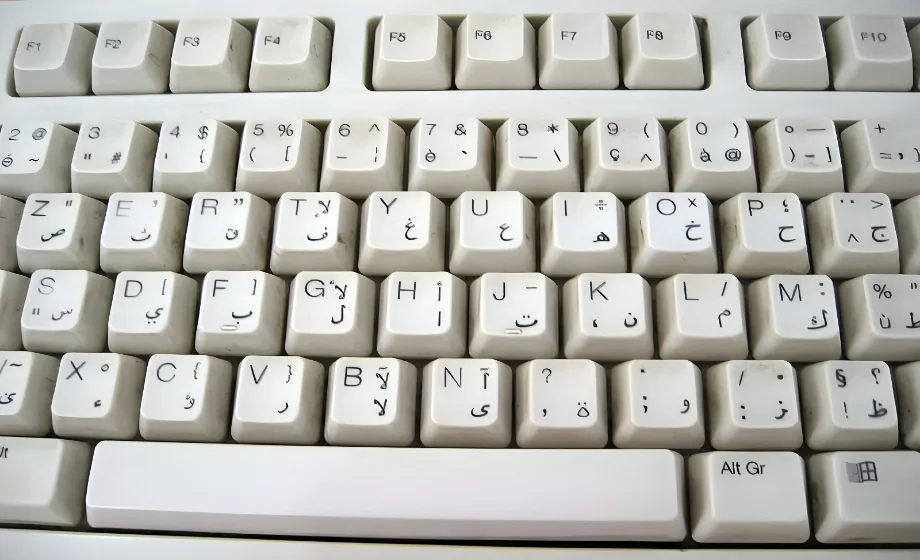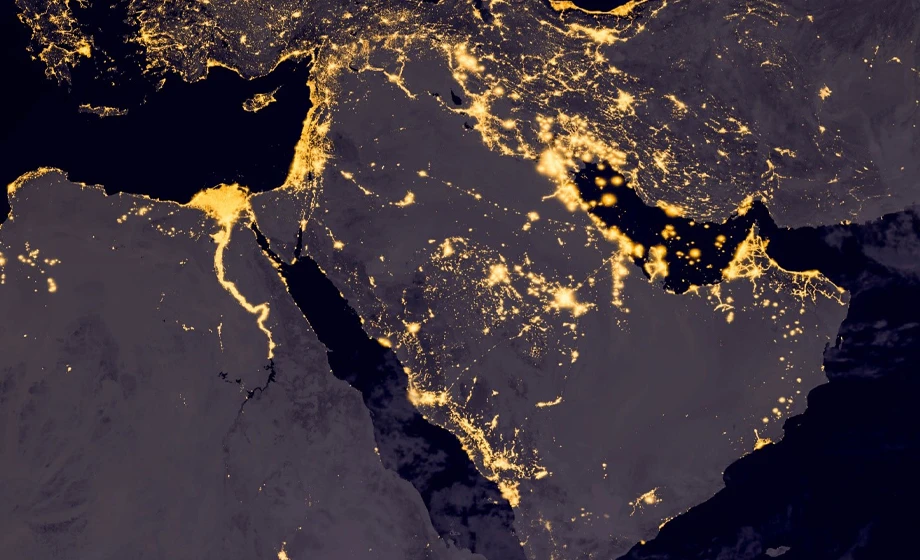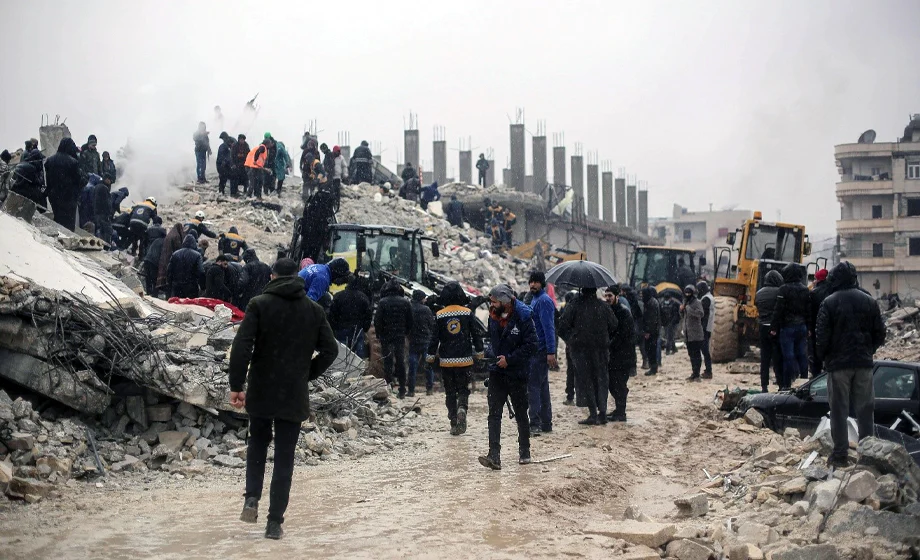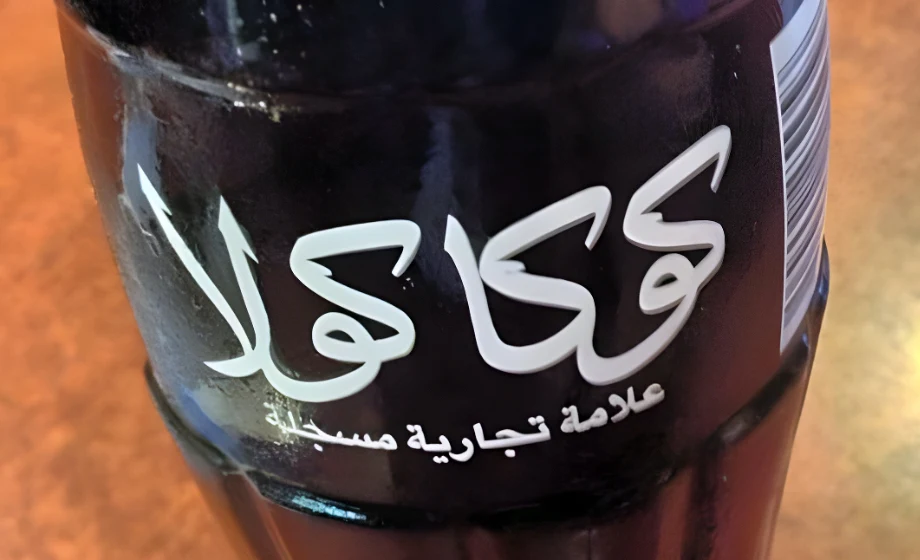Any formal texts produced in the Arab world, whether legal, business, medical, or literary in nature, will almost always be written in Modern Standard Arabic (MSA). Known in Arabic as Fusha (“most eloquent”), it is the most commonly understood form of Arabic, and thus the most often seen when dealing with Arabic translations. News articles, contracts, political speeches, and business proposals are composed in this register of Arabic. As such, producing accurate and clear Modern Standard Arabic translations is the cornerstone of most professional engagement with the region.
At Industry Arabic, we have a deep appreciation and a wealth of experience in handling all manners of MSA translation into English, or vice versa. We translate millions of words every year from MSA to English and vice versa. As you will see, we take the extra step to understanding all aspects of MSA as a language and cornerstone of professional life.
Modern Standard Arabic’s Classical Roots
The foundations of MSA lie in the language of the Quran, the central text of Islam. Written in the 7th century, the Quran standardized the language that was to be used in all parts of the expanding Arab and Islamic worlds. As Islam and Arab culture spread throughout the Middle Ages, Classical Arabic became the lingua franca for travelers and traders from Africa’s Atlantic coast to as far as Southeast Asia. The language itself is highly stylized, with a phonetic, cursive alphabet (abjad), and declension system (i’raab) that allows for linguistic precision.
As the times changed, so did the language. While the grammatical conventions remain mostly intact, MSA gets rid of some of the more unnecessary linguistic flourishes of Classical Arabic for simpler structures that better align with the spoken variants of Arabic (‘aamiyya). While MSA forms the basis for the other popular Arabic dialects, native speakers rarely communicate in MSA outside of a professional or religious context. To them, it sounds like what Shakespearean English might to us. Unlike Shakespeare, however, MSA is well-understood by native speakers in any Arab country. Thus, knowing MSA would be highly useful to anyone traveling or doing business in any Arabic-speaking area.
Our Approach to Modern Standard Arabic Translation
Even within Modern Standard Arabic, there are considerable linguistic differences based on the text genre, subject matter, and local country context. Industry Arabic has developed a proven system for translating millions of words of MSA documents in a fast and accurate manner. Below is a brief summary of how we approach MSA translation projects:
- 100% Trusted Expert Human Translators: Automated translation tools frequently miss the subtleties and nuances of this beautiful, yet complex language. Our team of expert professional translators has been thoroughly vetted to ensure they can grasp the intricacies of your project, with careful attention to the document’s relevant terminology and style. Many of them are specialized in specific fields, such as technical, legal, and medical translation. Our linguists are spread across multiple time zones. So, you can rest assured knowing that your time-sensitive project is ongoing, even while you sleep!
- Two-Step Proofreading: Every translation goes through a two-step review process to verify accuracy and readability. After finishing the translation, the translator edits his or her work against the source text. Next, they submit the document to our Arabic- and English-fluent project managers, who proofread it and ensure that it is properly formatted (including matching Arabic’s right-to-left orientation) and ready for client delivery. In this way, we can guarantee that at least two expert linguists have reviewed your project and crafted it to suit your stylistic needs.
- Support for Any File Type: No matter what type of document you are working with, we have the expertise and know-how for any type of project. Whether it be a Powerpoint presentation that needs graphic flipping, web content that needs localizing or a video clip that needs subtitling, our team can handle any type of document type or multimedia format to get the job done on time and on budget.
Modern Standard Arabic Translation Case Studies
Here are a few examples of completed Modern Standard Arabic projects we have completed in the past:
- Egyptian Supreme Court Ruling: On a next-day basis, we translated a landmark Egyptian Supreme Court ruling into English for an influential Near East Studies website. The decision allowed former NDP member Ahmed Shafik to compete in the 2012 presidential elections. The website cited our translation to explain that important legal document for Western readers.
- Book on Origins of the Islamic State: We completed the full English translation of a 200-page book on the historical and political roots of the Islamic State in Iraq and the Levant (ISIS).
- 1,000-Page Slide Deck in One Week: When a client needed a strategic consulting plan translated from Arabic to English on a super-rush basis, we met the challenge head-on. With a team of 20 linguists, we delivered the file’s priority sections overnight and finished the full PowerPoint document in one week, much to the client’s pleasant surprise.
How To Get In Touch
Ready to begin an MSA to English (or vice versa) translation project? Contact us today for a free and fast quote. We will work with you every step of the way to deliver the results you need. Use this link to request your personalized quote.



